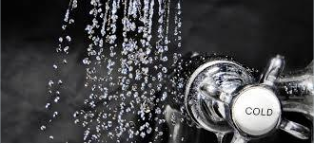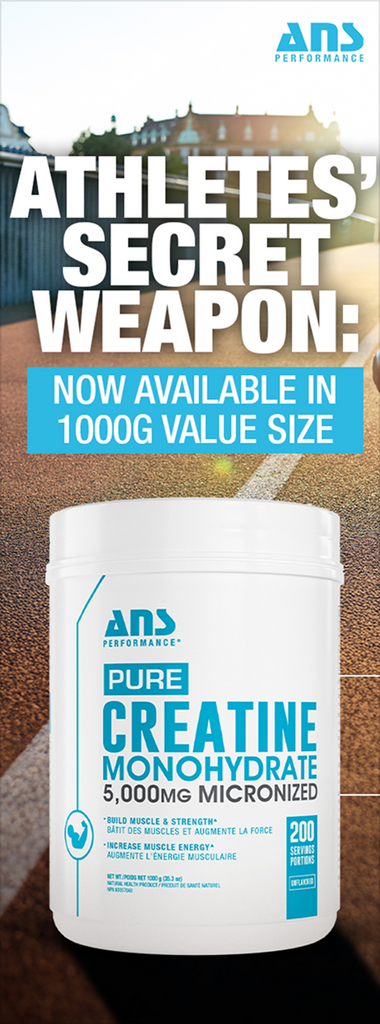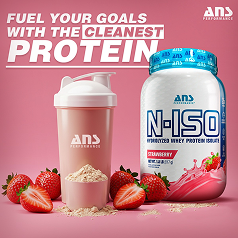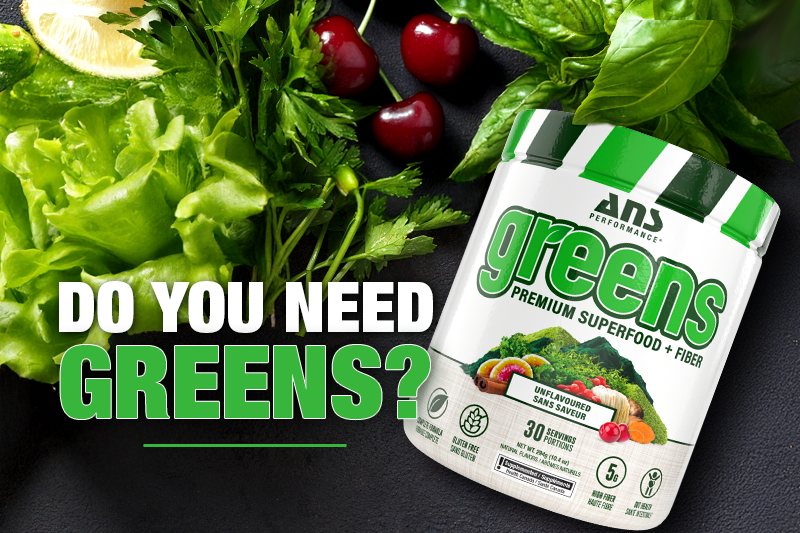

Don’t you just love a nice, hot shower? There’s nothing quite like the inviting warmth to make you feel good all over. And cold showers are like getting a needle, you can handle it, but you hate it.
There’s a reason why we love hot showers so much and hate cold showers even more. Water conducts heat away from our bodies faster than air. It’s why you could be comfortable outside without a jacket in 20°C/68°F weather, but you would freeze your #^*&s off if you jumped into the water of the same temperature. Your body is programmed to protect your core temperature, so when the cold water hits, it kicks into defensive mode, which makes you want to jump out of the shower
Pity our ancestors who had no water heaters and were forced to bathe in a nearby stream or lake. Have you ever swam in a warm lake? Didn’t think so. The Greeks are credited as the first people to invent a water heating system, which they used in their public baths.
But guess what? It’s documented that many Greeks preferred to continue taking their “cold showers”. Why? Because the cold showers made them feel better.
Especially for those involved in strength training, bodybuilding and other athletics, cold showers deliver many benefits specific to their activities. It’s not that hot showers are bad, but cold showers help in so many ways.
1. Helps Manage Your Weight
Cold showers boost your metabolism so you burn more calories. When your body senses the cold, it starts burning stored fat to get the energy it needs to protect your core temperature.
2. Improves Recovery Times
There’s a reason why professional athletes have an ice bath after the game or an intense workout. The cold temperatures reduce muscle pain, inflammation, and they improve your blood and lymphatic circulation, which helps rid your muscles of lactic acid. Cold showers deliver similar benefits, if not to the same extent as an ice bath.
3. Strengthens Your Immunity System
Don’t you hate it when you catch a bug and just can’t deliver the performance you’d like, or even workout? Regular cold showers can help you stick to your program in many ways.
First, regular cold showers promote white blood cell production. White blood cells are those that rush to the site of an infection or cut to battle whatever nastiness might be trying to get into your body, like a flu bug.
Second, cold showers help to drain your lymphatic system, which helps remove impurities and waste from your cells, in turn reducing your chance of infections and pain.
One more way that cold water helps keep you healthy is by helping to strengthen your nervous system against stress. A cold shower submits your nervous system to slight oxidative stress. Over time it strengthens itself to counteract the stress. It leaves you better able to deal with your day-to-day stress, both emotional and physical.
4. Increases the Quality of Your Sleep
If you feel groggy when you wake up, or restless before you go to bed, a cold shower helps with both. In turn, by getting to sleep faster, and not feeling listless in the morning, your body is more awake when it should be and ready to sleep when the time comes.
In the end, there are two tricks to converting from your nice, warm bath to a freezing shower. First, suck it up and get in there. Second, stick with it, once you experience the benefits, you’ll not want to go back.
Just the thought of it sends a shiver down your spine. The last thing you want to do after getting out of your nice warm bed is to get into a freezing cold shower.
But there are many studies that show the “torture” of a cold shower can deliver lots of benefits. Particularly for strength training and bodybuilding, as we saw in the first 4 points, they can help you manage your weight, speed-up muscle recovery times, strengthen your immunity system and improve your sleep.
And that’s not all. There are many more reasons to change your outlook of cold showers, and they’re not all physical
5. Strengthens Your Will Power
So how does the thought of having a cold shower every morning for the rest of your life strike you? It’s a major leap for anyone who lives for a steamy, hot bath. But, just like regular workouts build muscle, regularly summoning the mental fortitude to do something to which you are so resistant builds your willpower. And that stronger resolve translates into other parts of your life, preparing you to tackle other seemingly impossible tasks and goals.
6. Increases Your Alertness
If you’ve taken cold showers before, you’ll know how the first blast of chilly water on your skin can literally take your breath away. You suck in air to brace yourself. That deep breathing dramatically increases your oxygen intake, especially when compared to a hot shower, which does the opposite. The extra oxygen also boosts your heart rate. Increased circulation of oxygen-rich blood is like a natural shot of energy that can improve your morning workouts and keep you sharper throughout the day.
7. Improves Your Mood
As a simple example, can you think of anything that will take your mind off your troubles more than a bracing blast of icy water? But there’s real science behind the ability of cold showers to boost your mood and even relieve symptoms of depression. Cold showers stimulate your brain’s production of noradrenaline, which is one of your body’s self-defense mechanisms against depression.
8. Makes You Look Better
If kickstarting good moods and mental sharpness are not enough to get you into a cold shower, how about making your skin and hair feel and look healthier? Just like any source of heat, hot showers rob your hair and skin of natural oils. It can dry out your skin and leave your hair looking dull and lifeless.
9. Relieves Chronic Pain
Athletes and physically active people are more susceptible to ongoing joint and muscle pain from strains and sprains. Much of that pain is due to inflammation, which in turn is compounded by the cellular waste that often surrounds injured and stressed muscles and joints. Cold showers are known to boost circulation through your lymphatic system, which carries away the waste to reduce inflammation and the pain it causes. Improved blood circulation from cold showers also brings more oxygen to affected areas, further reducing pain.
Of course, whether or not you make the leap to cold showers is up to you. But it’s important to understand all the benefits so that you don’t make the decision based only on not wanting to step out of your comfort zone.







